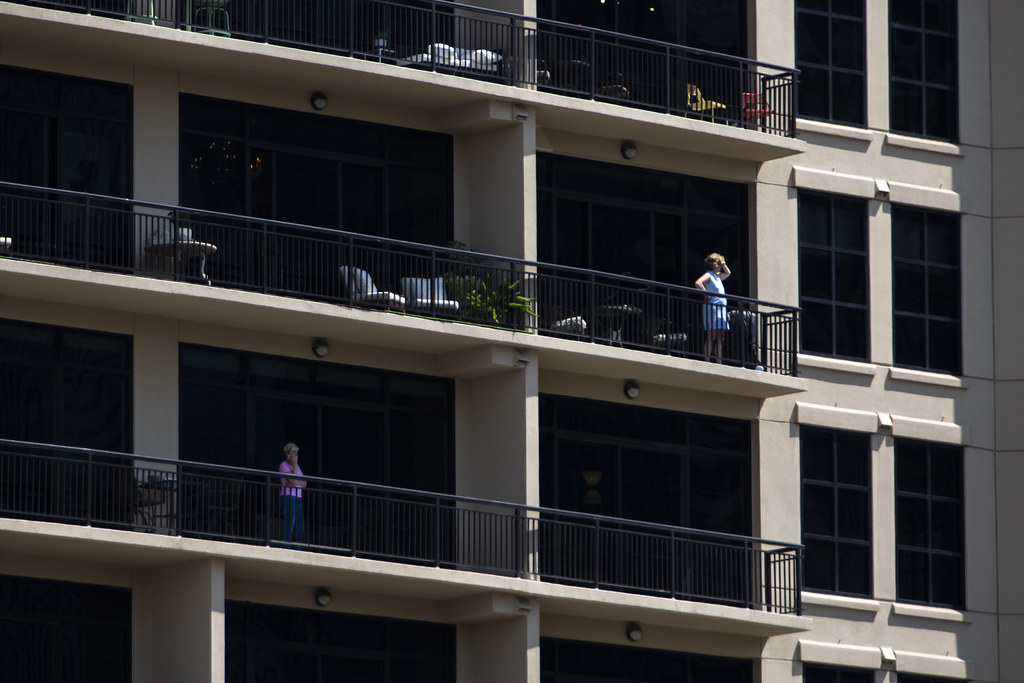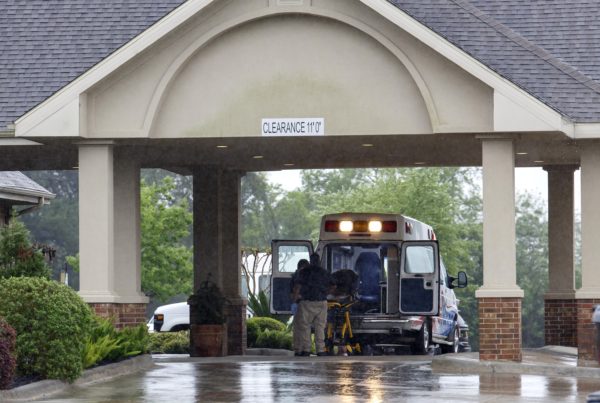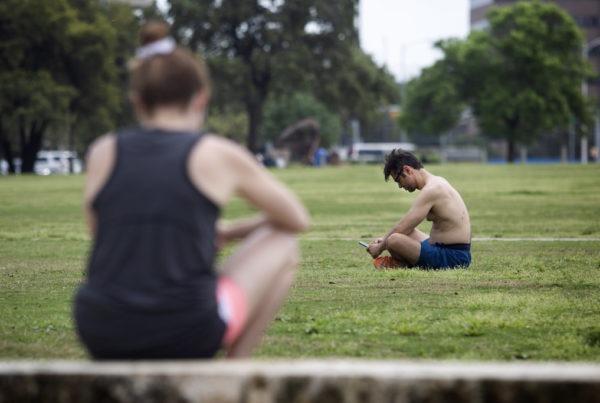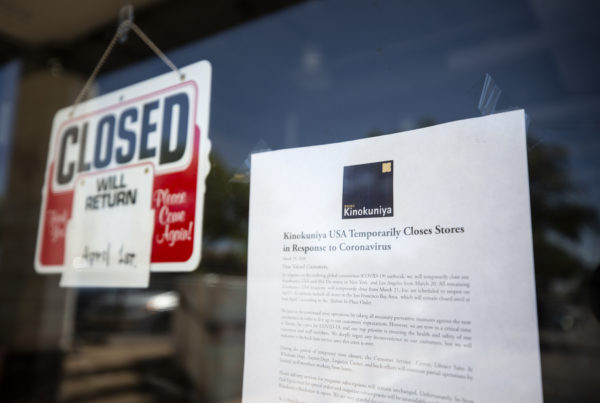In this installment of Ask a Doctor, UT Health San Antonio physician, Fred Campbell, answers Texas Standard listeners’ most pressing questions about the new coronavirus and COVID-19.
Can over-the-counter medication exacerbate COVID-19 symptoms?
There is no evidence that common medicines used for pain, inflammation or fever, like ibuprofen, will cause an adverse reaction in someone with COVID-19.
Once someone tests positive for COVID-19, what is the criteria for their release from self-quarantine or the hospital?
The medical community is using information from China’s epidemic to determine how to handle this situation. Campbell says Chinese patients could leave the hospital after symptoms improved and they had no fever for about three days. They also needed to have had two negative COVID-19 tests at least two days apart. And even after release, they still need to practice social distancing and wear masks, just like the general public. In the United States, however, the testing pipeline is strained, so it’s harder to determine quickly whether someone is suitable for release.
Are those who’ve recovered from COVID-19 still able to spread the disease?
It’s unclear the degree to which the “recovered” population could still be infectious. The best way to tell is through antibody testing, which is still limited but growing in availability. Campbell says eventually, patients who have recovered might be able to share their antibodies with those who are sick through blood plasma donation.
How effective are ventilators at helping COVID-19 patients?
Efficacy depends on whether a patient has other medical conditions in addition to COVID-19. Some otherwise healthy patients have died even after reaching a point when they needed a ventilator. But the people who seem to have the greatest risk of dying once the disease is severe enough to need intubation and a ventilator are those with kidney, heart or lung diseases, cancer and the elderly. Without a cure for COVID-19, ventilators can only help so much by aiding a patient’s breathing.
How contained is the outbreak in San Antonio?
San Antonio dealt with quarantine early because it took in passengers from abroad after a cruise ship outbreak. But Campbell says not to take for granted that the outbreak is under control there. Numerous people became sick and several died at an area nursing home recently. So residents should stay vigilant and take the risk seriously.
Without a vaccine, how can we be sure that the pandemic has passed?
Based on past outbreaks and epidemics, there could be a “rebound effect” if life goes back to normal without a cure. There might be a dip in the number of new cases during the summer because of warmer weather, but they could spike again when temperatures drop.
Written by Caroline Covington.















